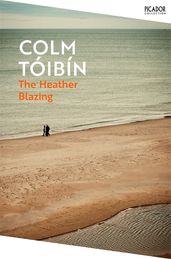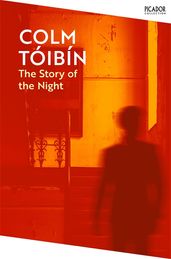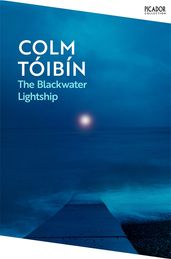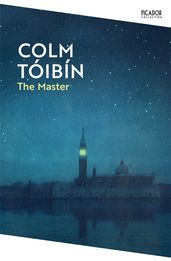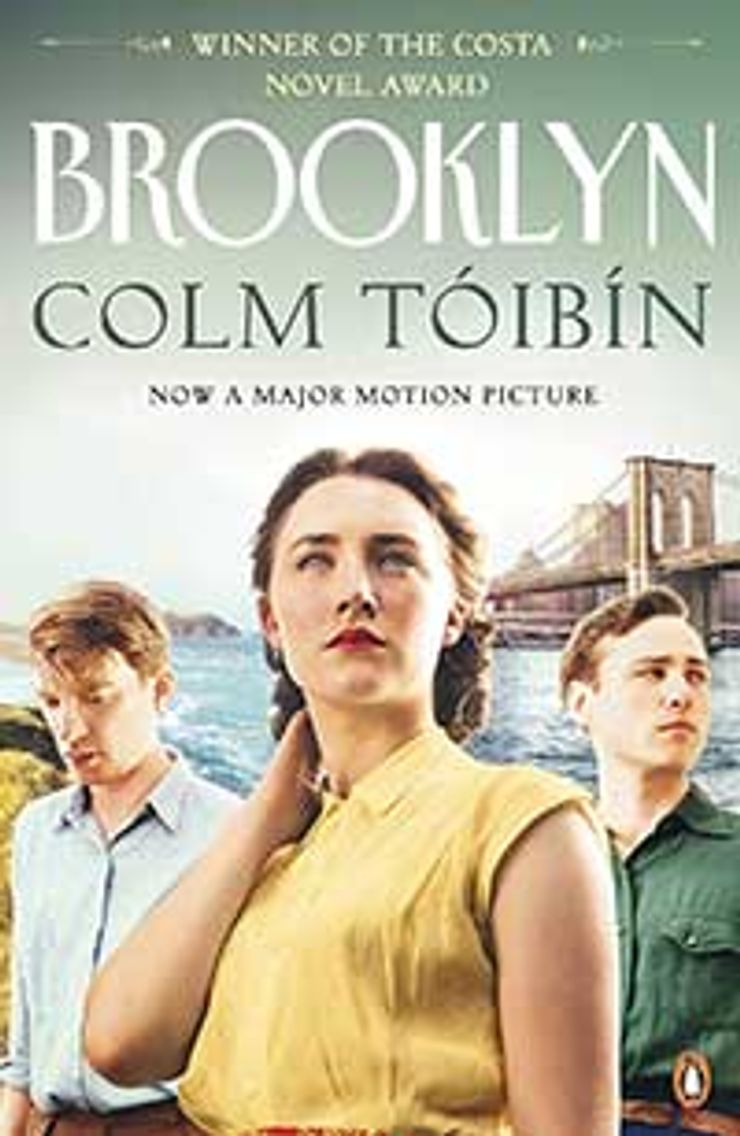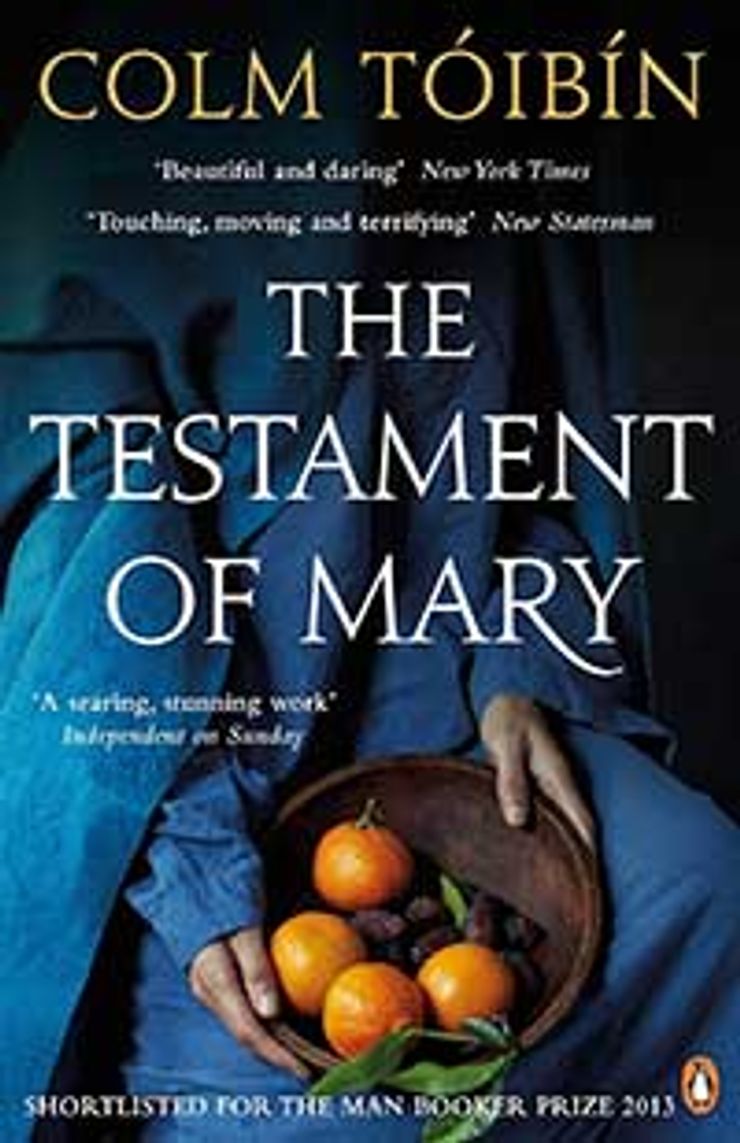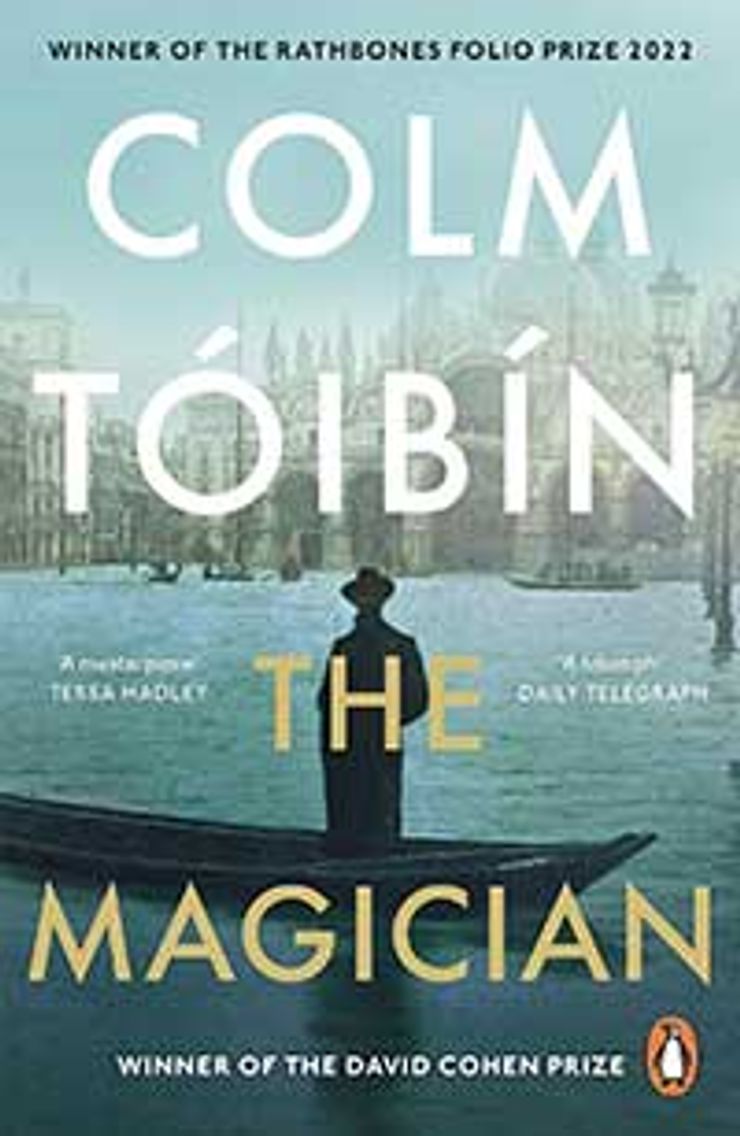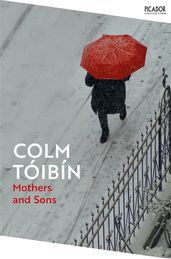Colm Tóibín's books: a guide
Nick Duerden introduces the work of Irish writer Colm Tóibín, from his debut novel to his latest work, Brooklyn sequel Long Island.

Over a thirty year career, Colm Tóibín has come, rightly, to be regarded as one of Ireland’s greatest novelists. He’s proved remarkably consistent, too: eleven novels, no duds, each a deeply wrought, deeply felt, work, his writing filled with characters who yearn for better understanding and acceptance, and sometimes escape and even reinvention. Ireland has long been fertile ground for writers: all that repression and religion; a complicated past easier to read about on the page than to speak out loud. Tóibín was never going to run out of material here.
He has produced novels and short story collections, plays and screenplays, and has won the Encore Award, the Los Angeles Times Book Prize for Fiction, the International Dublin Literary Award, the Folio Prize and many more, his mantelpiece a snaking bus queue of trophies. If 2009’s Brooklyn was his breakout hit – it won him the Costa Novel Award, and sold 350,000 copies before being made into a film starring Saoirse Ronan – then The Magician, about the life of the German writer Thomas Mann, confirmed him a master. Now in his seventieth year, Tóibín is about to publish perhaps his most elegant and wistful novel to date. Cause for celebration, then.
What is Colm Tóibín’s new book?
It seems that few people can resist a follow-up to a much-beloved book, not least the writers that create them. In Long Island, Tóibín returns to familiar territory with a sequel to the best-selling Brooklyn.
Long Island
by Colm Tóibín
Two decades have passed since the events of Brooklyn for Irish-born Eilis Fiorello, who, in the interim, has moved to the edges of New York, where she is married to her Italian-American husband Tony and lives with their two children. The overbearing presence of her in-laws just next door is a cross she has to bear daily. Increasingly she realises that this might not be the life she’d have chosen for herself. Eilis is now on the cusp of middle age, traditionally that time when people look at the roads not taken and wonder: what if? When a stranger brings an unexpected revelation to her door, Eilis wants to extricate herself from the situation, fast. She returns to Enniscorthy, ostensibly to visit her ageing mother. Here, she finds herself an opportunity to pursue that tantalising, and perhaps not entirely hypothetical, “what if?”
Watch a behind-the-scenes reading from actor Jessie Buckley, who narrates the audiobook of Long Island
Colm Tóibín fiction books
The South
by Colm Tóibín
Tóibín’s 1990 debut concerned an Irish Protestant woman, Katherine, living in 1950s Ireland, who flees her marriage, and her young son, to travel to Barcelona in hopeful pursuit of something else, and something more. Here, she falls in with painters and artists, before retreating again, this time to a remote village in the Pyrenees. The South set out Tóibín’s stall most effectively: a writer taken with themes of sadness and hope, within whose spare style a heightened emotion is nevertheless palpable.
The Heather Blazing
by Colm Tóibín
This tells the story of a year in the life of a Dublin Supreme Court judge as he attempts to manage not just his career, but a complicated personal life. As he tries cases that feature unmarried mothers, he grapples with the fact of his own daughter having recently given birth to an illegitimate child, and while sentencing border terrorists, he feels moved to ponder his own tangled family history. Two books in, and Tóibín was already a master of less is more.
The Story of the Night
by Colm Tóibín
To Argentina now, for a 1997 novel set in 1970s Buenos Aires. This is where Richard Garay has settled, a closeted gay man sharing a dilapidated apartment with his mother. Both of them are estranged from the rest of the family back home, both somewhat adrift. Garay works as an English teacher, and feels increasingly stifled and rarely stimulated; in truth, he’s a little bored. It’s only after his unlikely enrolment as a translator within an American diplomatic organisation that life for him suddenly fills with unexpected intrigue and a sense, at last, of purpose.
The Blackwater Lightship
by Colm Tóibín
Three generations of women agree reluctantly to a truce, after decades of mutual enmity. Holed up within a crumbling old house in Wexford are Helen, her mother Lily and grandmother Dora, each coming together to help nurse Helen’s brother Declan during his final days of battling Aids. Into this fragile detente comes two of Declan’s gay friends, whose very presence further tests the fragile diplomacy of the house, and the characters within.
The Master
by Colm Tóibín
A fictionalised biography of the writer Henry James, The Master was published around the same time as David Lodge’s Author, Author, which also focused on the life and times of the literary giant. Tóibín’s 2004 novel recounts just four years of James’ life, beginning with the cataclysmic failure of his play Guy Domville in 1895, and ending in 1899 when he’s sequestered with his brother’s family. Within this tight snapshot of a famous literary life, Tóibín manages to address British colonialism, the trial of Oscar Wilde, and the redemptive powers of Italy at the end of a century. David Lodge subsequently wrote that he was somewhat aggrieved that The Master was more successful than his own novel, but concluded, with an appealing honesty, that Tóibín’s triumph was entirely deserved.
Brooklyn
by Colm Tóibín
Tóibín’s breakout commercial hit, Brooklyn revolves around Eilis, a young Irish woman living in 1950s Dublin on the very precipice of adulthood. Suffocated at home, she longs for adventure and the promise of wider horizons at a time in history when horizons tended not to widen for young women of such limited means. Nevertheless, she makes it to America, tempted there by its promise of a new world. Here she finds love, and the opportunity to start from scratch. But as Brooklyn unfolds, we see that it isn’t always easy to escape the things you wish to escape the most. The novel was subsequently made into an Oscar-nominated film starring Saoirse Ronan.
The Testament of Mary
by Colm Tóibín
Further proof that Tóibín really does love a strong maternal figure, here he writes about the mother of them all: Jesus’s. A slim novella that originally started life as a play entitled, simply, Testament, this focuses on the indescribable pain of losing a son. Her boy, whom she can’t bring herself to name, has been crucified. She is horrified, bereft beyond words. She is angry, too, and it is Mary’s anger that tears through this brief narrative, and bears it aloft. A risk, perhaps, to tackle a biblical staple, but the author proves himself more than equal to the task.
The Magician
by Colm Tóibín
One of the many pleasures of reading great novelists comes not necessarily in the subject of each new book but simply in the quality of the writing, and of the worlds conjured therein. The Magician is another fictionalised account of a historical literary figure, this time Thomas Mann, the celebrated German writer whose books on the meditation of life tended to span upwards of 900 pages. Tóibín’s reader does not need to have a working knowledge of Mann himself, but can simply lose themselves in the quiet marvel of the story of a complicated writer mostly happily married, and who fathers many children, but who also tries earnestly to stem a homosexual longing for other men. All the while, he struggles to make sense of the wider world around him – Germany in the 1930s – whose turbulent upheaval has him questioning humanity itself.
Colm Tóibín novellas and short stories
Mothers and Sons
by Colm Tóibín
Tóibín has long been intrigued by the mother/son dynamic, and so it’s hardly surprising that when he addressed the short story form, he restricted himself to such bountiful subject matter. The perfect example of a book that does exactly what it says on the tin, Mothers and Sons is filled with troublesome matriarchs given frequently to rage, to sulks, and to great familial indifference, as well as the most doting, fiercely partisan love. These are stories in which alcohol is both the lubricant that brings family together, and the poison that so often keeps them apart.
A Long Winter
by Colm Tóibín
When a mother disappears without a trace into the snowy Pyrenees, her husband and son are left to fend for themselves in a harsh and unforgiving landscape. In this delicate and psychologically intricate novella, Colm Tóibín charts the slow disintegration of a family, but also the unexpected possibilities that can emerge from absence. As Miquel grapples with his father’s silence and the reality of his mother’s departure, the arrival of an orphaned boy offers the promise of a different kind of life. This is a powerful, masterful exploration of betrayal, silence, and the quiet search for love.
Colm Tóibín non-fiction books
Author photo by Reynaldo Rivera


